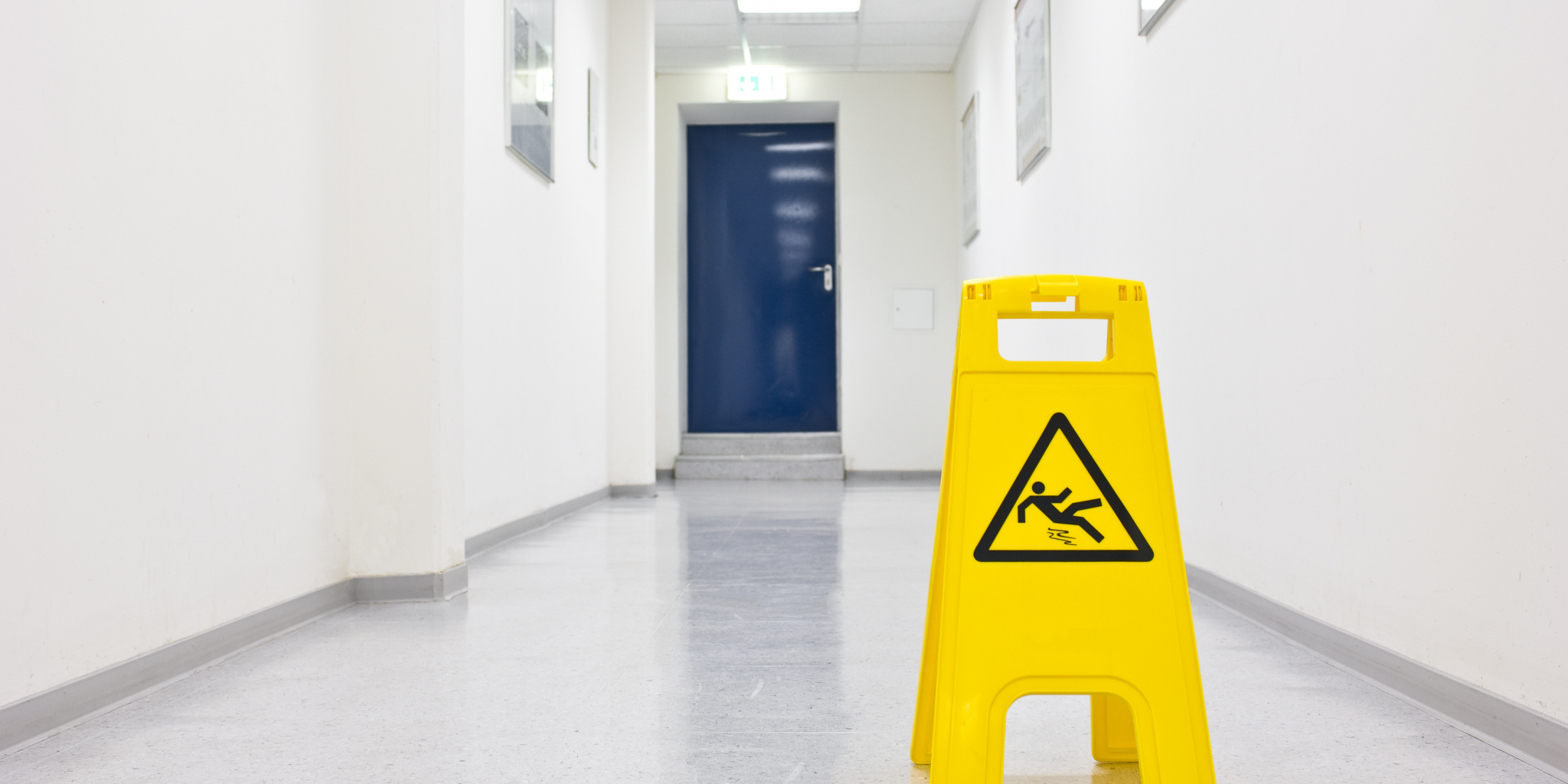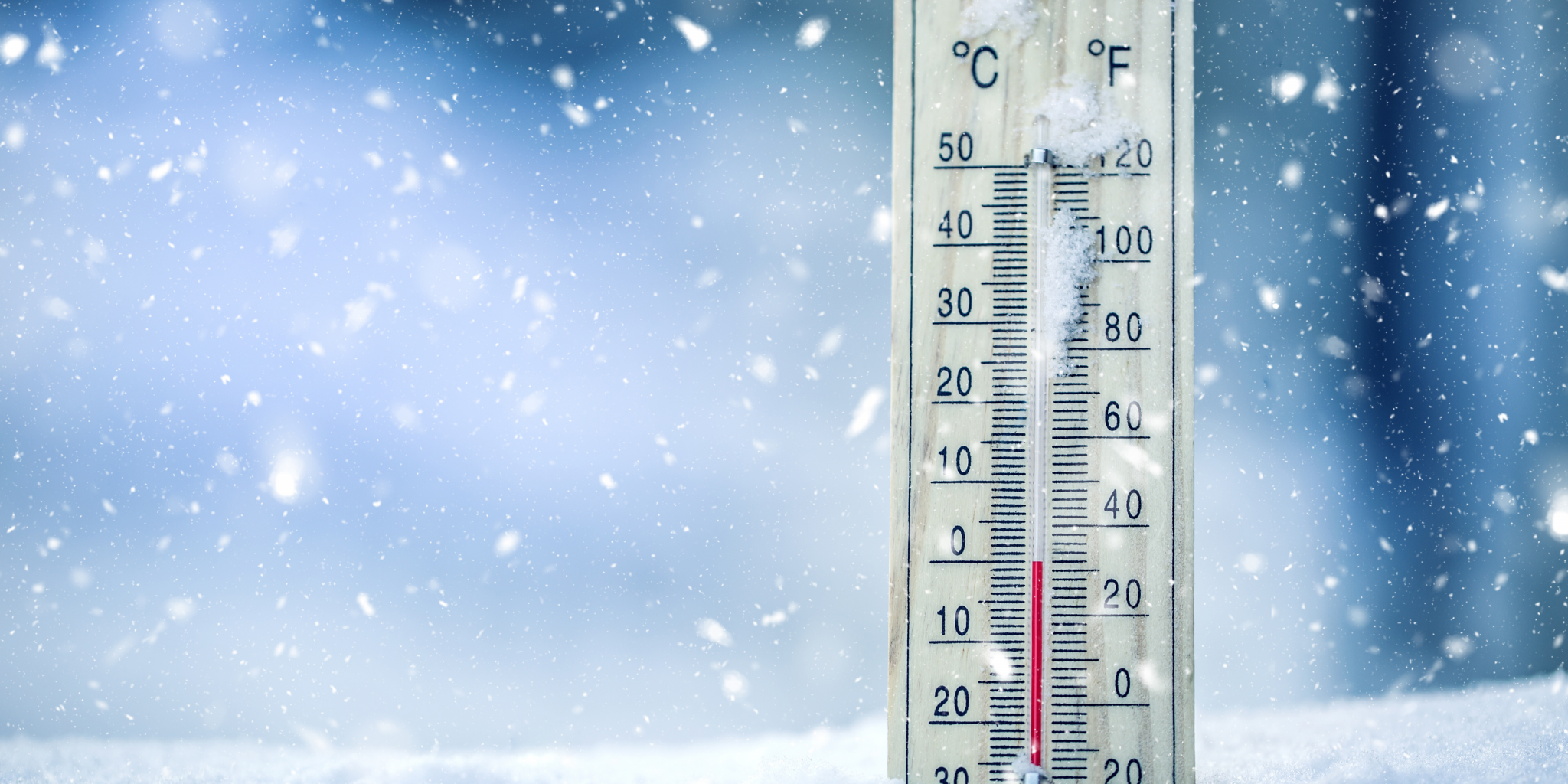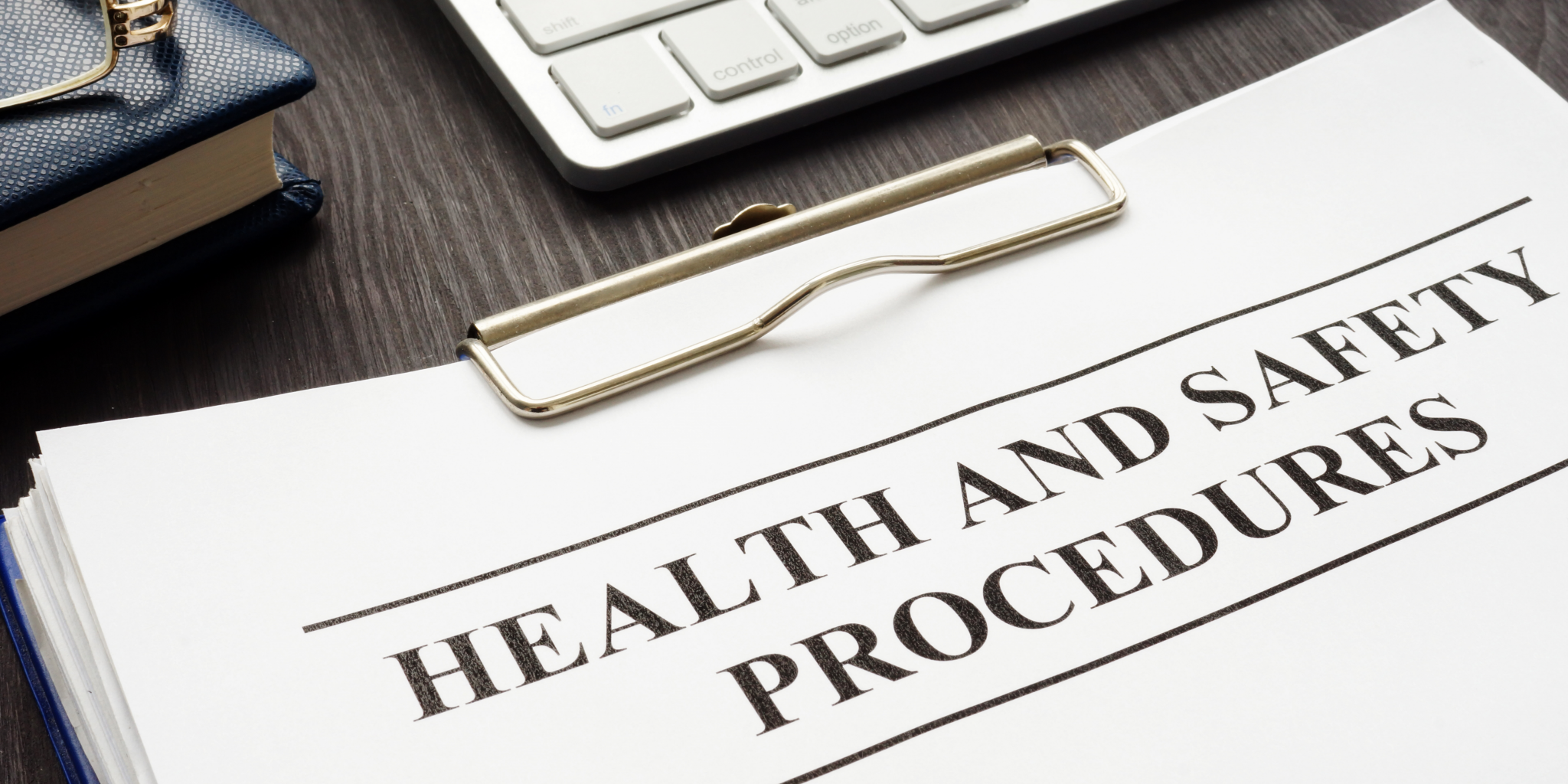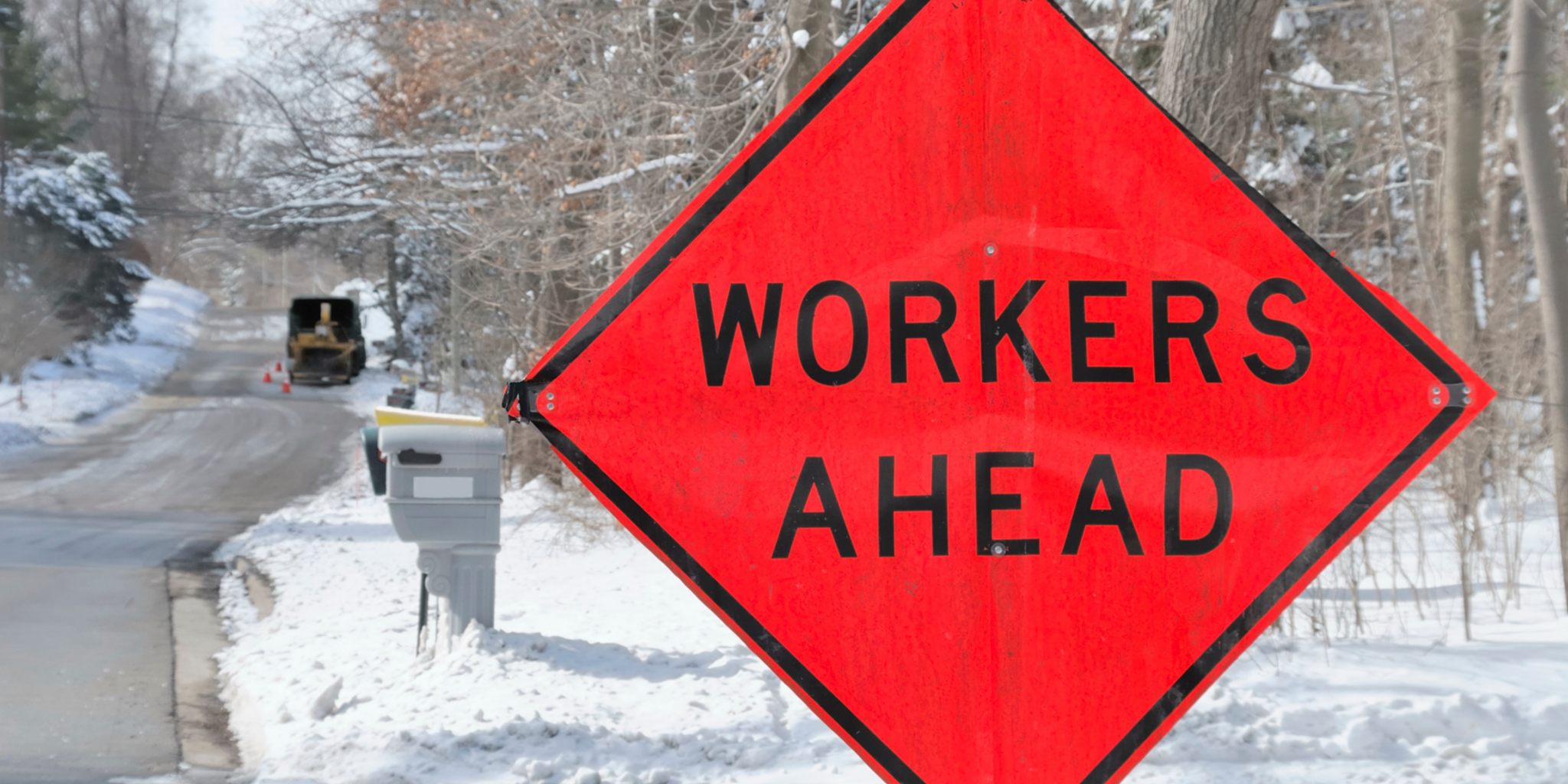From frantic holiday shopping to freezing cold weather, the winter season is rife with safety hazards for employees of all types.
Warehouse workers and drivers are rushing to fulfill orders while retail and hospitality workers contend with the throngs of holiday shoppers and diners. That's why it's important to have an effective safety training program and holiday plan in place that's winter-ready in order to minimize workplace safety concerns and maximize workplace efficiency during one of the most chaotic times of the year. Here are a few helpful workplace safety tips to keep in mind during the most chaotic time of the year.
Avoid Slips and Falls

With slips, trips and falls accounting for more than 800 workplace injuries a year, it's crucial to keep an eye out for potential hurdles or hazards in the workplace. This includes preventing ice build-up around walkways and in parking lots as well as diligent snow removal around the exterior of the workplace. Make sure that all walkways are clear of debris, water or other hazards and ensure that all employees are wearing the proper no-slip footwear. Also be sure to minimize the amount of weight being lifted or carried by each employee and make sure they are properly trained on how to maneuver safely in the workplace. And don't let employees get caught up in the frenzy of holiday shopping and risk running or rushing to keep up! All employees should be careful, deliberate and mindful of their surroundings when working during the busy holiday season.
Watch Out for Frostbite or Hypothermia

Depending on where you live, winter weather can be harsh and dangerously cold, creating unsafe conditions especially for outdoor workers and travelers. That is why it's important to keep an eye out for key signs of severe cold exposure in your employees. If anyone exhibits signs of drowsiness, slurred speech, shivering, trembling or incoordination, they may be at risk for hypothermia, which should be medically address immediately. If any employee develops cold skin that turns numb or pale, blisters, swelling or stiffness, make sure they keep the affected part of the body elevated to reduce inflammation and remove any wet or cold clothing from that part of the body. In either case an employee should seek medical treatment right away to prevent long-term damage or harm. To avoid hypothermia or frostbite make sure that all employees are dressed appropriately for cold weather, including gloves, boots, hats and insulated coats.
Prevent Fatigue/Overworking

Winter can be especially strenuous for essential employees, who work tirelessly to keep up with the high demand and volume that the holiday season brings. Although employers may need the extra labor and effort from their workforce, it's important not to over-work employees to prevent fatigue, burnout or even injury. Seasonal Affective Disorder can also hinder the productivity and morale of some employees, causing fatigue, social withdrawal and depression. Instead of increasing workload and hours of over-stretched employees, consider hiring extra part time labor. And be sure that every employee is taking breaks and getting an appropriate amount of time off to rest, recharge and come back to work refreshed and ready to handle anything!
Beware of Seasonal Illnesses and COVID-19

The winter season has always carried a risk for seasonal illnesses such as the flu. With everyone traveling to see family for the holidays and the stores and streets filling with winter patrons, the chances of a viral outbreak occurring are increased exponentially. This is doubly true during the time of COVID-19. With new cases of COVID-19 in the U.S. reaching a staggering 100,000 per day, it's essential now more than ever that employees, patrons and holiday revelers alike practice proper social distancing and safety precautions. All essential employees and workplaces should follow government guidelines on safety and wellness, including wearing a mask at all times, washing hands frequently, avoiding touching the face and keeping gatherings of people to a minimum. This also means putting a hold on any holiday workplace parties or get-togethers that involve the entire workplace. Contrary to the traditions of the holiday season, employers and employees should socially distance as much as possible to prevent a potential outbreak in the workplace.
Implement/Invest In Good Safety Training and Planning

The best way to prevent workplace accidents and minimize workplace injuries is to have a proper safety training plan in place for all employees. While this may require an initial investment of time and money, it can save employers exponentially when it comes to workers compensation claims. While there should be safety training and protocols in place all year round, the winter season itself requires its own set of safety precautions in order to avoid workplace injuries. To develop an effective workplace safety program, employers and employees should identify any and all slip and fall hazards, regularly inspect the workplace for safety concerns, evaluate the risk of each potential hazard and institute policies and controls that can prevent or eliminate these workplace hazards. Also, employers should be sure to regularly review their established safety protocols to make sure they are not out of date or missing new information. With an effective safety plan in place, employers and employees can mitigate workplace safety concerns and navigate the crazy Christmas season with relative ease.






